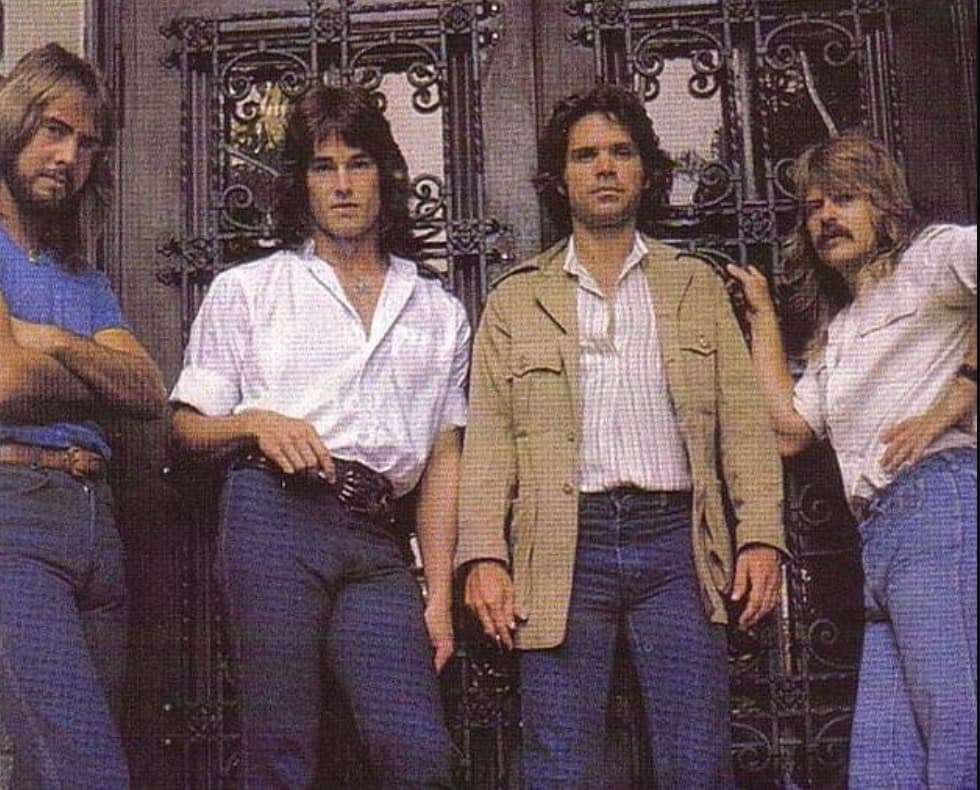
A yearning call to reclaim lost love: “Baby Come Back” by Player
From the moment its first chords echo, one senses a quiet regret and hopeful longing: the soft‑rock ballad carries the tender plea of someone recognizing a mistake and wanting to turn back time. Released in late 1977, “Baby Come Back” became Player’s breakthrough, reaching No. 1 on the US Billboard Hot 100 in January 1978 — holding the top spot for three consecutive weeks. In the UK, it peaked more modestly at No. 32.
It emerged from the real‑life heartbreaks of band founders Peter Beckett and J.C. Crowley — both of whom had recently ended relationships and channelled their sorrow directly into the song’s creation. The track was featured on their eponymous debut album, Player (1977).
For an audience who remembers the late 70s with a fondness for vinyl, easy‑listening grooves, and the mellow warmth of soft rock, “Baby Come Back” strikes a chord of nostalgia — its melody gently tugging at memories of evenings lit by lamplight, distant dance floors, and personal confessions whispered into the night.
The story behind the song is as compelling as the music itself. In the sweltering summer of Los Angeles, Crowley and Beckett found themselves in the same studio, both recovering from emotional loss. They wrote the song across two nights, with rehearsals taking place in an un‑air‑conditioned garage. When their original label folded, they found refuge with RSO Records — and the rest, as it is said, became history.
The meaning of the song is simple yet profound: it is the voice of someone who owns up to their missteps, acknowledges the toll of their absence (“And trying to forget you is just a waste of time…”), and opens the door to hope: “…baby come back, any kind of fool could see, there was something in everything about you.” The arrangement — the gentle piano, the soft electric guitar, that distinctive vocal line — all work together to underscore the emotional vulnerability of approaching someone you once lost.
When “Baby Come Back” reached the summit of the charts, it did more than mark Player’s success: it captured an era. In January 1978, nestled between the dominance of disco and the rise of new wave, this song stood as a beacon of the softer side of rock — intimate, melodic, unhurried. And for many listeners of that generation, hearing it again brings back the gentler rhythm of life: long‑drives at dusk, shared records, hearts open in a way they often aren’t anymore.
The legacy of the track is also worth noting: though Player had other chart‑ing songs — for example, their follow‑up “This Time I’m in It for Love” reached the US top 10 — “Baby Come Back” remains their signature. According to interviews, Beckett never expected the song to endure beyond its initial success — yet decades later, it continues to be played, covered, sampled, referenced in film and TV.
For a matured listener — one with memories of turntables, mixtapes, and evenings when the world seemed simpler — this song offers a moment of reflection. It isn’t merely a pop hit: it’s a confession, a hope, a bridge across years. The gentle rhythms remind us that while time moves on, some feelings remain unchanged. A voice asks: Baby come back. And in that plea lies the truth of yearning for something lost, the humility of regret, and the courage of hope.
In listening now, perhaps one hears not just the song, but the memory of oneself — younger, feeling, hoping, believing. Let this introduction serve as an invitation to revisit “Baby Come Back”, to pause, remember, and feel once more that soft ache of longing that somehow becomes sweeter with time.